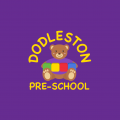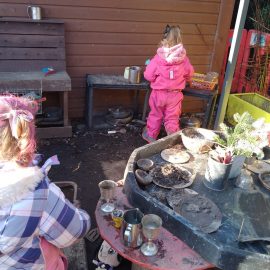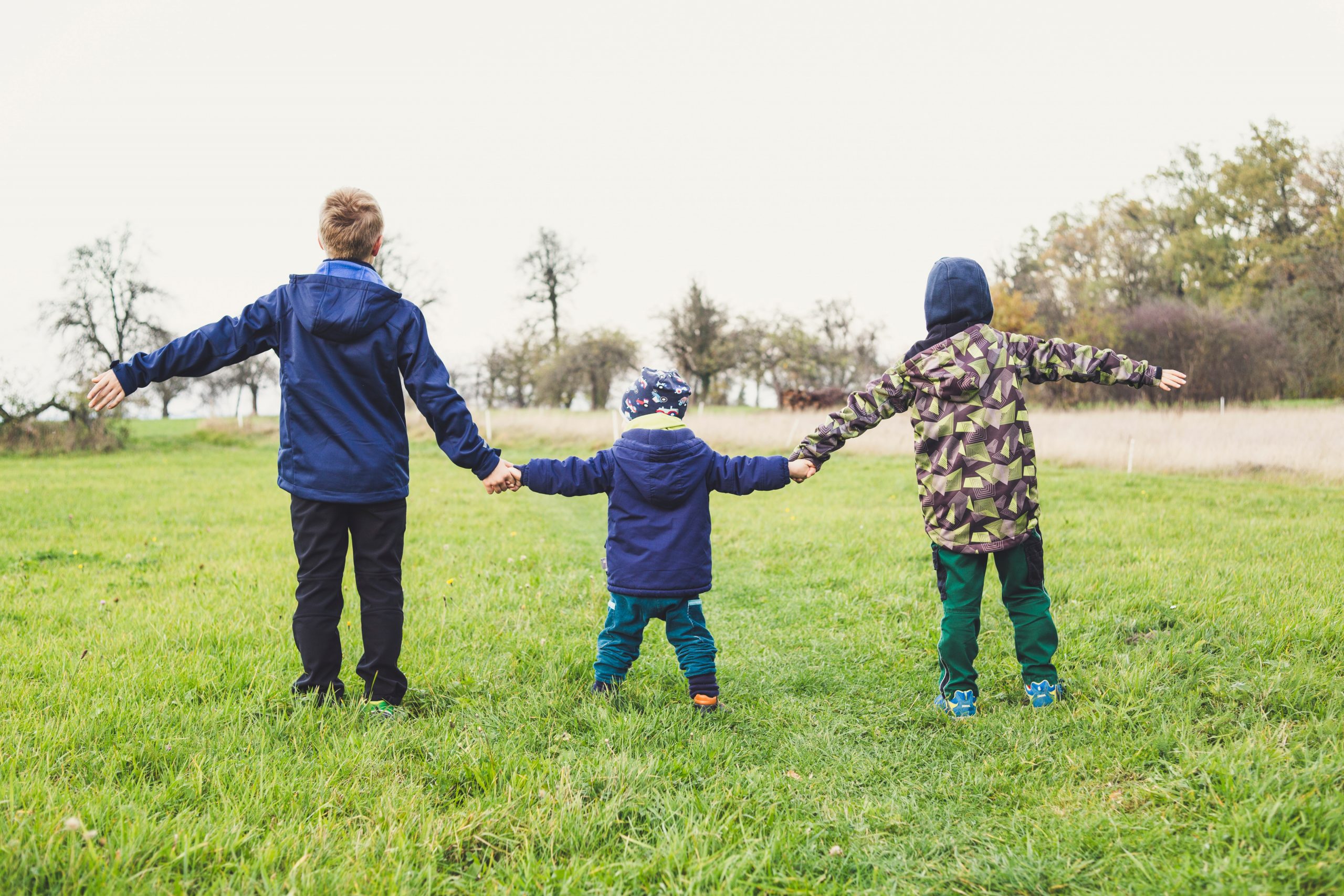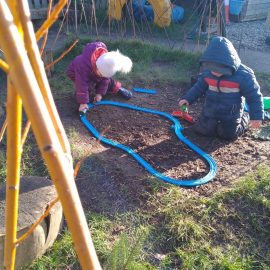The Early Years Foundation Stage (EYFS) is a set of standards that outline the education and learning expected of children from birth to age 5.
It is a comprehensive approach that provides a solid foundation for children’s holistic development, emphasising not only academic skills but also social, emotional and physical wellbeing too.
All schools and Ofsted-registered Early Years’ providers have to follow EYFS, and this includes pre-schools like Dodleston.
What does EYFS cover?
So what exactly does EYFS cover and how do schools, nurseries and pre-schools need to apply it?
The EYFS covers 7 key areas of learning. It doesn’t necessarily matter how these things are taught, as long as the education centres are following the standards. These things are generally taught through games and play.
The 7 areas are:
- Communication and language
- Personal, social and emotional development
- Physical development
- Literacy
- Mathematics
- Understanding the world
- Expressive arts and design
Let’s run through each of these in more detail.
Communication and language
Language and communication is hugely important for children. They live in a big, sometimes confusing, world and communication is the one tool they can use to interact with people they trust, like their parents and caregivers.
The interaction children have with other adults from an early age forms the foundations of their language and cognitive development, and the quality of the conversations is crucial.
You can help to develop their language by asking what they are doing, or commenting on it, and repeating back what they have said with new words added so they can pick up on new vocabulary and phrases.
You can further build their language by reading to them, singing songs, practising rhymes and promoting thoughtful conversations. Role play is especially important, and shows what children already know and understand about the world, but also gives education centres like nurseries and pre-schools a chance to show them more.
Personal, social and emotional development
Personal, social and emotional development (which is sometimes shortened to PSED) is a very important part of cognitive development.
Children learn a lot from the people they spend time with. These can be family members but also nursery and pre-school staff. Therefore, it’s important to model the behaviour that you want the children to demonstrate too. They can learn how to look after themselves, how to perform simple tasks and even how to look after their personal needs when they see adults doing these things too.
When children have strong relationships with adults they trust and who support them, it shapes their own understanding of emotions and they learn how other people are feeling, as well as themselves.
It’s especially important between the ages of 2 and 5 that they spend time with other children, as this will only enhance their social interaction and capabilities, teaching them how to resolve conflicts, work together and form good friendships.
All of this can be taught at school, but learning it before this will help them a lot.
Physical development
Physical activity has an unbelievable effect on children, possibly more than we realise. And we see the benefits of it at Dodleston Pre-School because we spend so much time outside, letting the children move and play in their own way.
They start out as babies with tummy time, as this builds both strength and co-ordination. Then as they get older, they build strength further through sitting and crawling. These things improve balance and spatial awareness too.
When they play with toys, they’re building gross and fine motor skills that are exceptionally important. Fine motor skills lead to good hand-eye co-ordination, which in turn has proven to help with early literacy. These small stepping stones, that do seem small at first, can help children to develop skills that are essential for primary school. We as adults take these things for granted because we know how to do them, and have years of experience.
Children should be given the opportunity to practise their hand movements with puzzles, drawing, playing, crafts and more, with supportive adults on hand to offer help should they need it.
Literacy
There are two main aspects to literacy: reading and writing. Of course, the two come hand in hand – the more children read, the better their writing becomes. Through books, they can understand language much better and how it all fits together.
Children can enjoy books from a very early age, even if at first they’re mainly looking at the pictures or listening to you read. Their language comprehension then develops when adults introduce rhymes, songs, stories, and more.
Mathematics
Numbers are equally as important as words, so this is something every Early Years centre should be teaching their children. But this teaching doesn’t have to involve sitting around tables with workbooks.
Numbers are everywhere, even in nature, so mathematics can absolutely be taught through play and experience. You can count the number of woodlice on a log or the clouds in the sky. You can count pebbles to 10 and take some away to reduce their number.
Maths for young children isn’t about being able to multiply or divide, but it’s about exposing them to the language surrounded by math. Mathematics also includes shapes, space, patterns and measures, all of which we explore at Dodleston Pre-School.
Understanding the world
For children, the world is a big unknown. They don’t understand how gravity works or why the sun is in the sky – these things just ‘are’. But we can help them to understand the world by exposing them to lots of different experiences. From going to parks or meeting important members of society, they can learn so much.
Our world is also very culturally and socially diverse, and it’s important that they understand the differences. It’s about building their knowledge early on.
Expressive art and design
We love how imaginative and artistic children are. Their creativity sometimes seems never-ending, and we have to do our best to encourage this.
By letting them explore and play with a range of materials, toys, household items, and more, their creativity can be unleashed even further. Ever found that a toddler is bored of all their toys but give them a pan and a spoon and they’re happy? Everything can be a toy to them, because they’re still learning so much about the world.
By allowing this sort of development, they’re being prepped for further development of their understanding and self-expression. They can communicate through their art, and communication is so important in every form.
What is an Early Years practitioner?
An Early Years practitioner is someone who works with children at Early Years stage, so age 0 to 4/5.
Their job might include looking after the children’s physical needs, such as feeding them, changing them, potty training them, etc. But it can also be about educating them through play, allowing them to develop in a safe and fun environment, safeguarding the children and reporting any concerns.
They may come up with creative activities for the children, and provide new things they can do to foster learning and adhere to the above educational outline.






